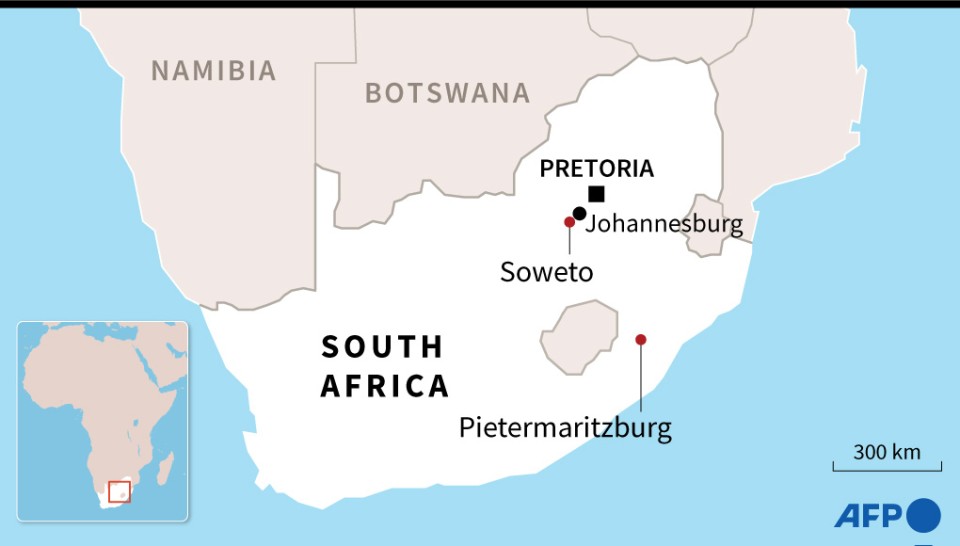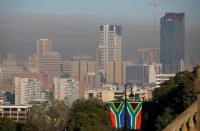
JOHANNESBURG, South Africa (AFP) — Africa’s most industrialised economy South Africa is again facing sweeping power cuts, caused by failures at ageing and poorly maintained infrastructure, the nationalised utility company said Sunday.
Andre de Ruyter, the boss of state-owned Eskom, announced a series of planned outages in the coming week.
Urging South Africans to use electricity sparingly, he called for office lights to be turned off at night, and for swimming pool pumps and water heaters to be turned off during peak hours.
“If everyone plays their role we can manage demand,” De Ruyter told journalists.
Developing efficient large-scale generation capacity “will take time”, the CEO added.
A spokesman for President Cyril Ramaphosa told AFP he would be returning home as soon as he had attended the funeral of Queen Elizabeth II in London to deal with the crisis.
The president would not be attending next week’s UN General Assembly in New York, the spokesman added.
On an eight-point scale of rolling blackouts, the country has reached the sixth critical stage, which means households and businesses will face several outages of several hours daily.
Level six was last seen in June in the middle of the southern winter amid an increase in energy consumption and pressure on production.
The rise in temperatures since September with the arrival of spring usually leads to a drop in consumption, particularly because of reduced heating demand.
Eskom generally takes advantage of this period to shut down production units for maintenance.
But a high number of breakdowns — 45 in the space of seven days — has led to a dramatic drop in production.
After years of mismanagement and corruption, the public company Eskom is unable to produce enough energy for the country, which is regularly plunged into darkness.
Demonstrators often protest the deterioration of public services.
South Africa produces 80 percent of its electricity from coal, creating serious pollution bemoaned by environmentalists.
The country obtained 7.7 billion euros for its energy transition during the COP26 climate change conference in Glasgow last year.
© Agence France-Presse







